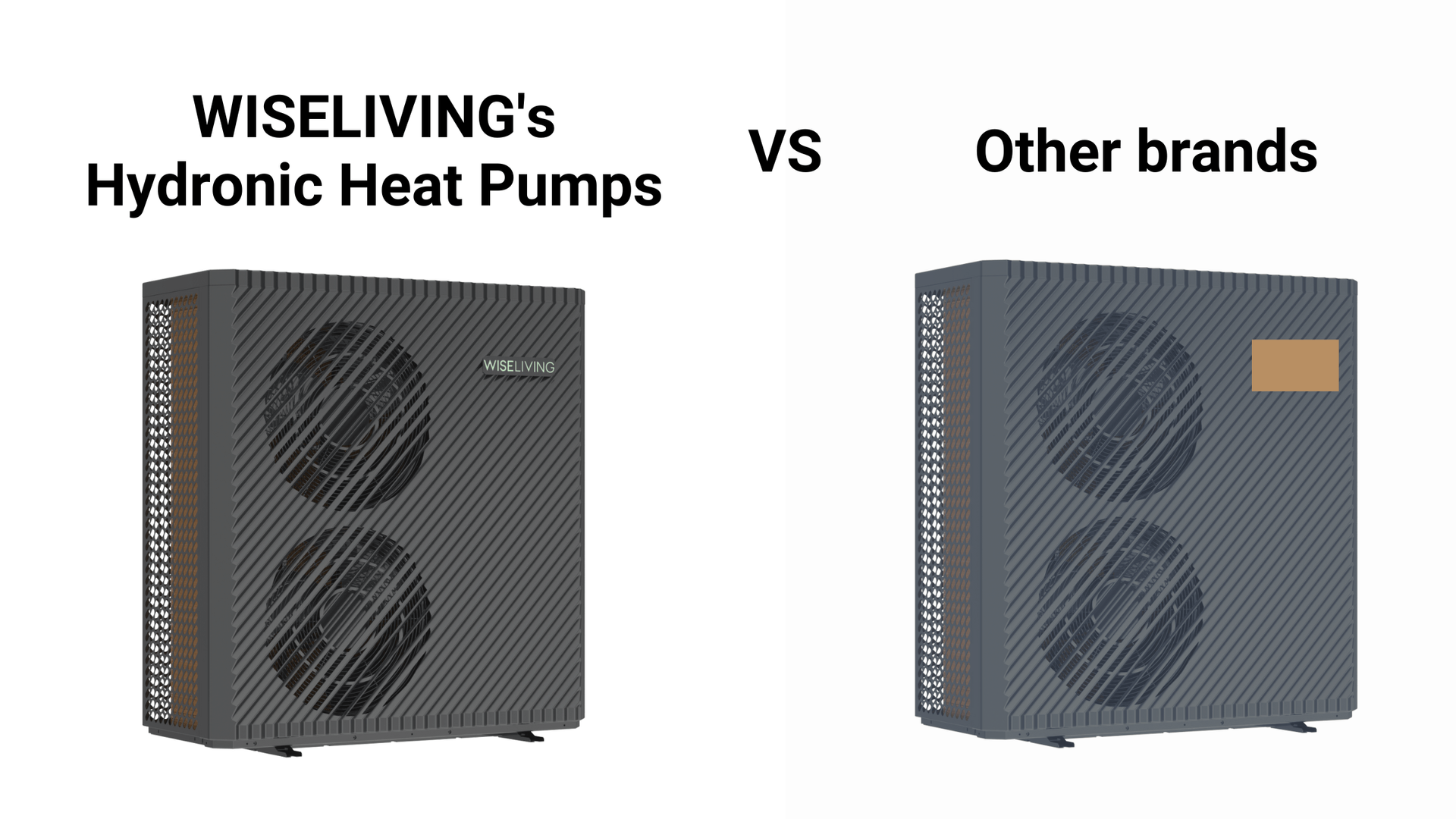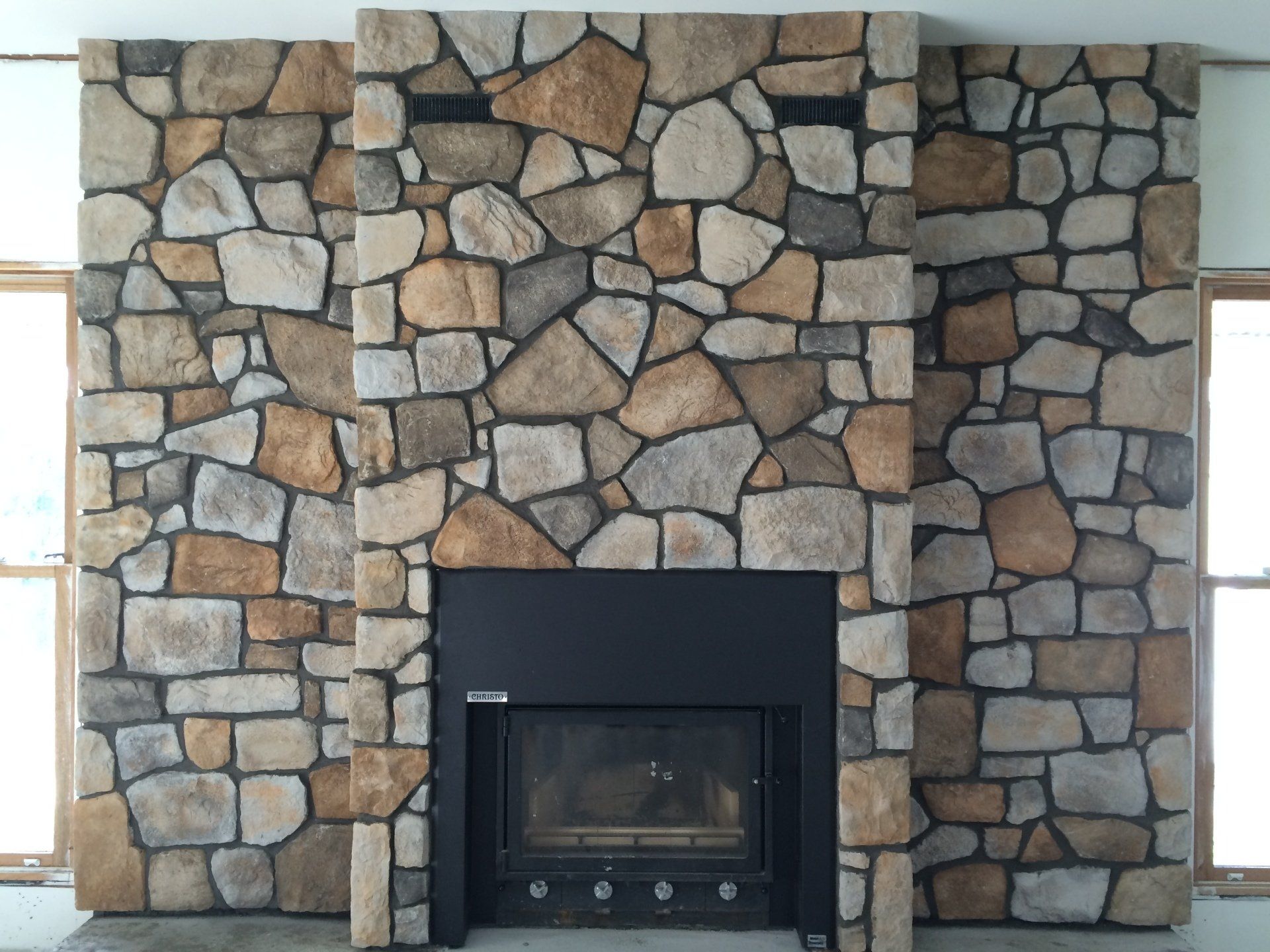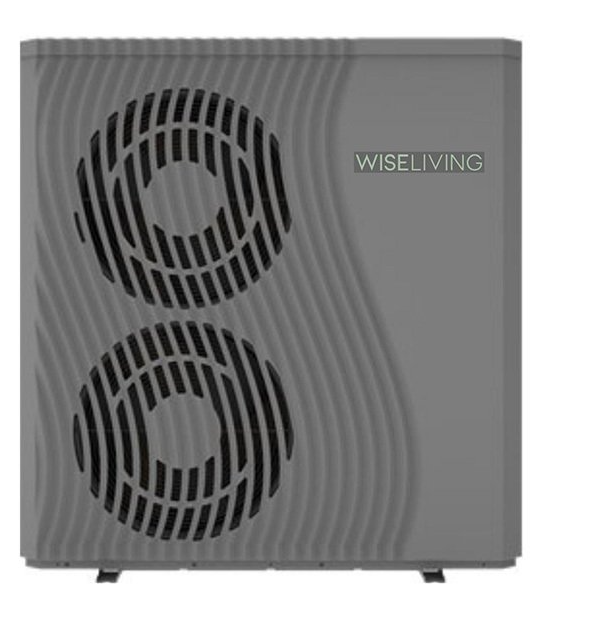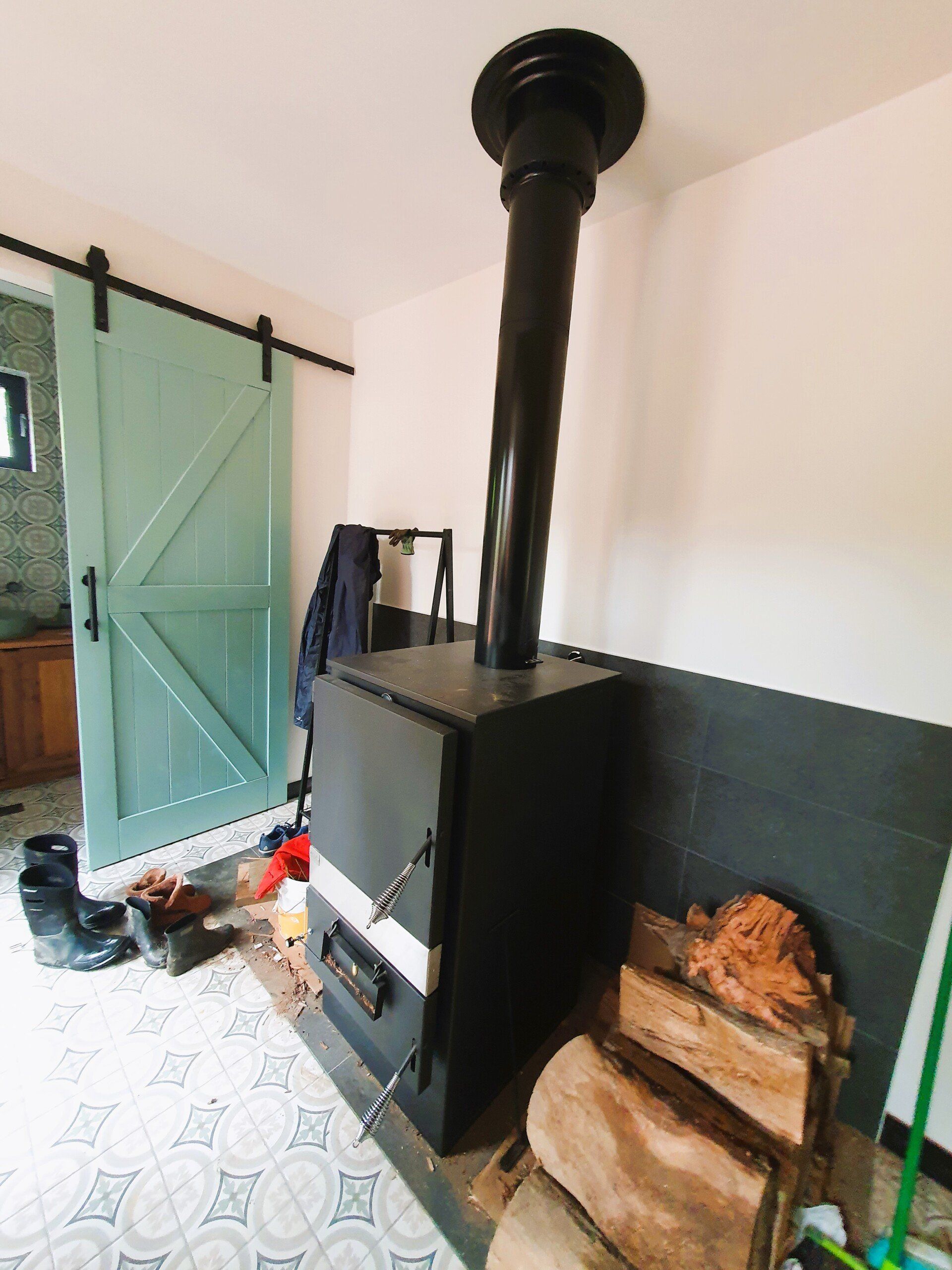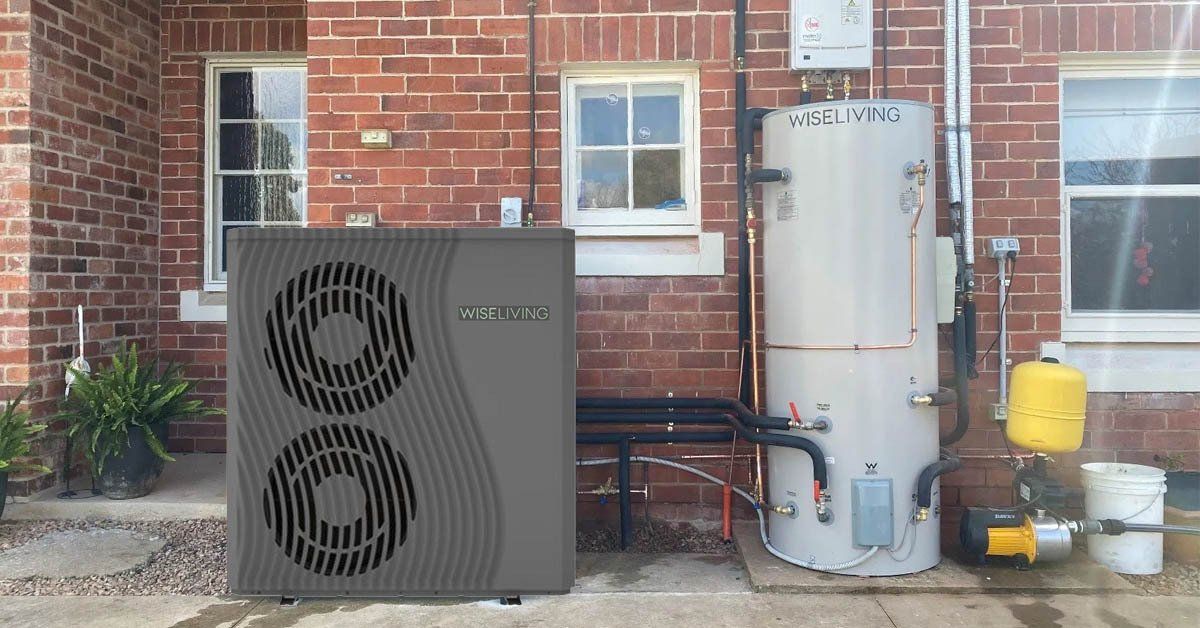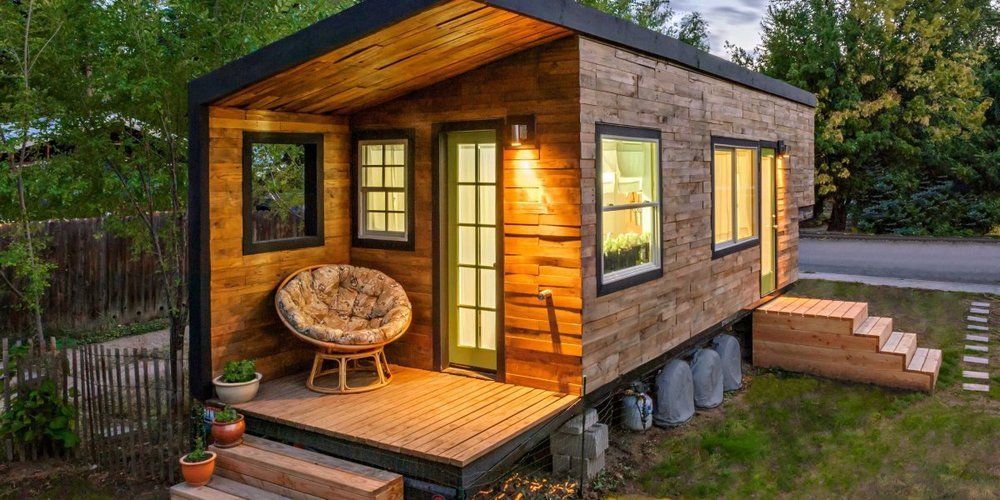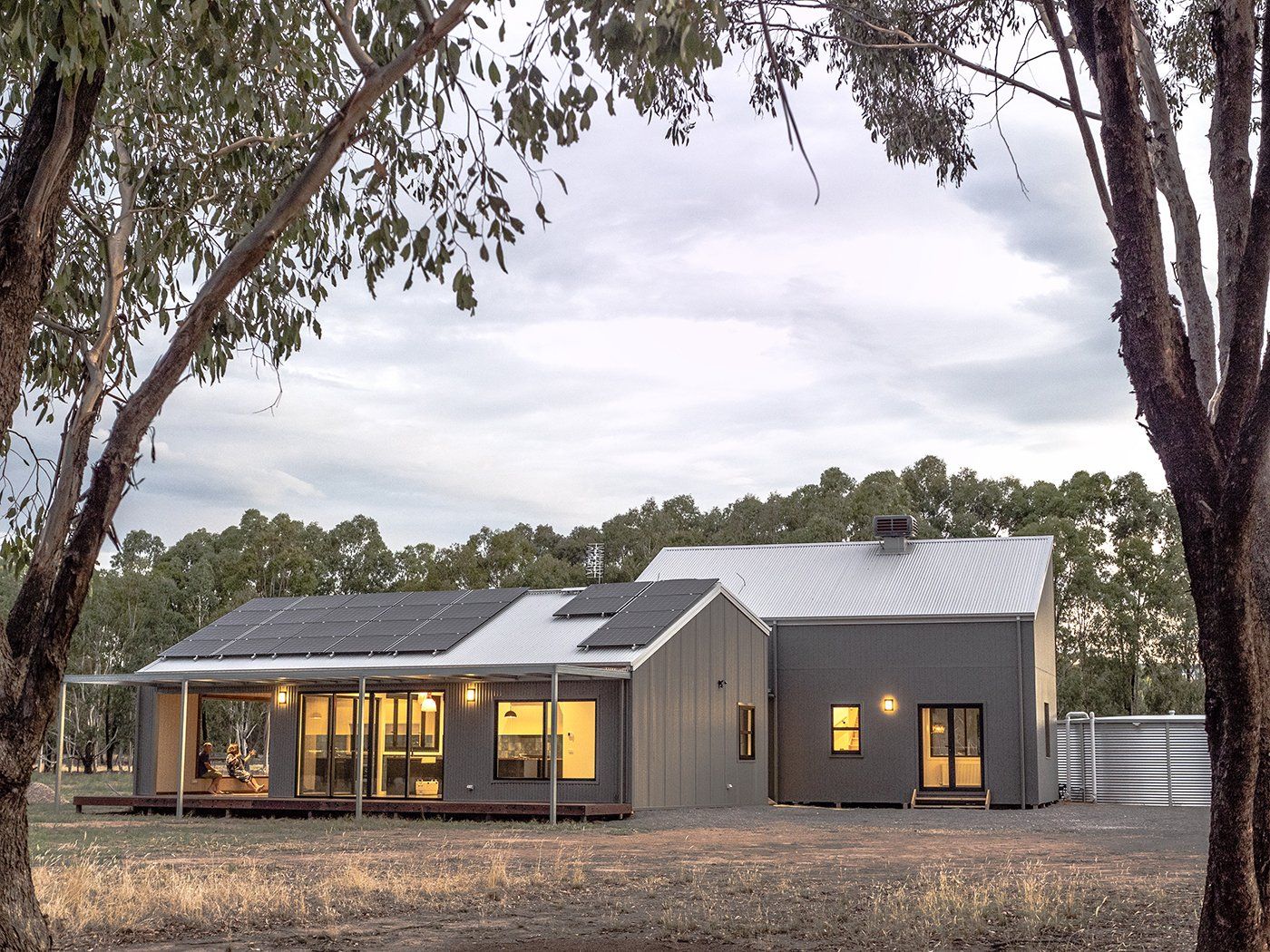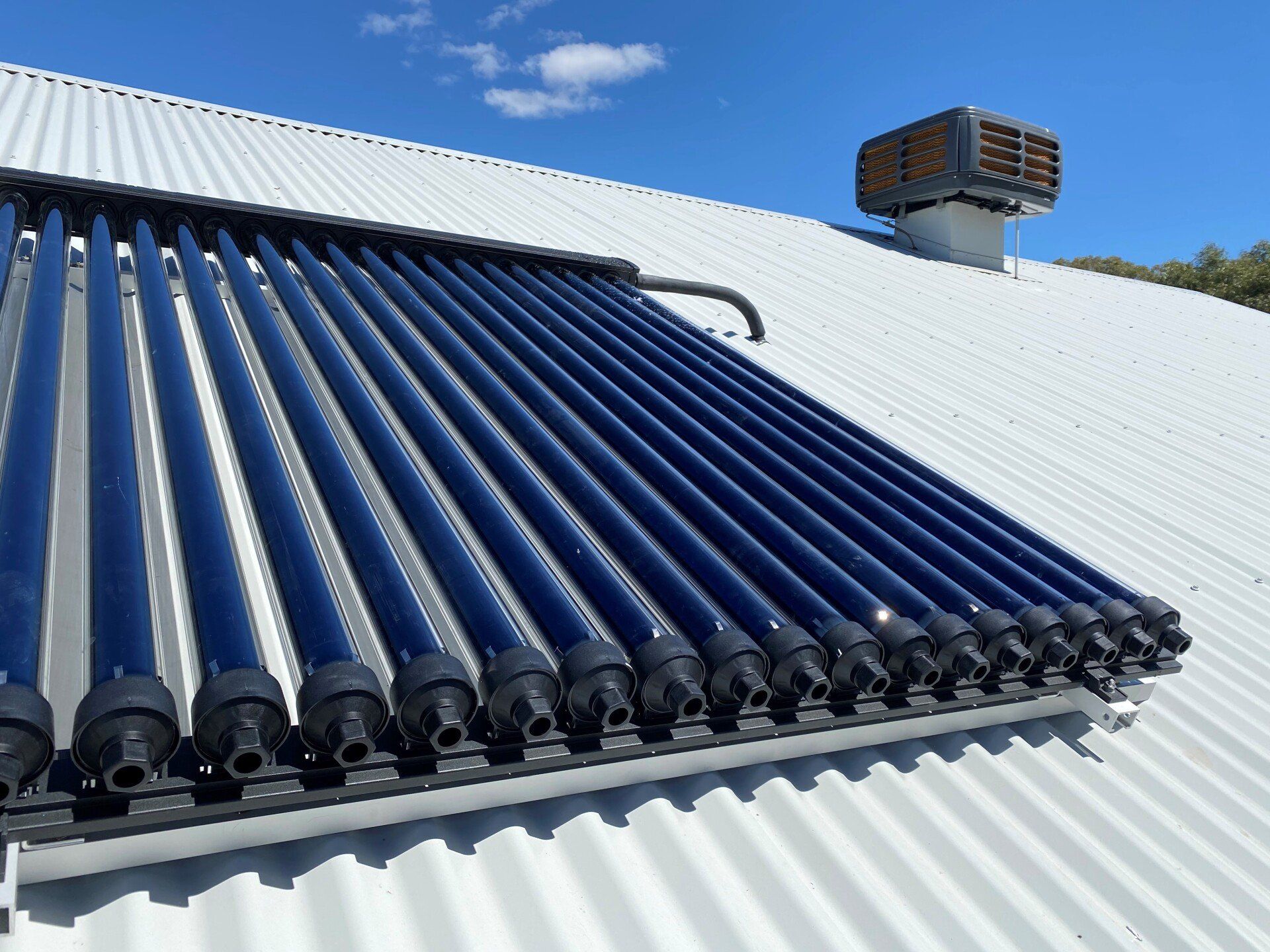Is it Worth Investing in a Hydronic Heat Pump?
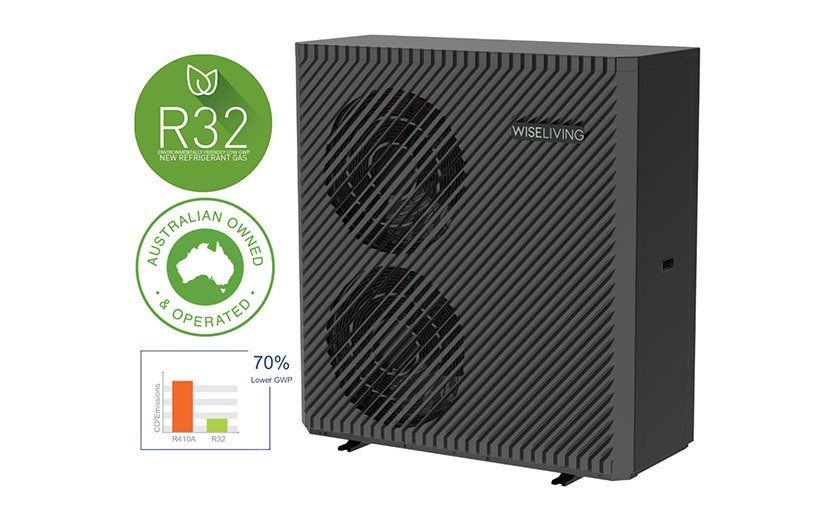
A hydronic heat pump is an appliance that you can use in your home to generate radiant heat. It basically works by using the heat in the ambient air to warm water. In addition to providing comfortable warmth to homes, a hydronic heat pump can also serve as a consistent and reliable source for domestic hot water.
Despite the renewable and sustainable nature of heat pumps, many people are still a bit apprehensive about installing one in their homes, primarily due to its initial cost. Although installing a hydronic heat pump can be a bit expensive, especially when compared to other traditional heating systems, it offers long-term benefits and savings that homeowners will surely enjoy.
Investing In A Hydronic Heat Pump
Due to the advantages of running a hydronic heat pump, the price that you’ll pay for having one installed in your home can be considered an investment. The cost of installation and components of a hydronic heat pump that can be integrated into a typical underfloor heating system is generally from $15,000 AUD.
Keep in mind that this price is just an estimate and can still change depending on certain factors, such as the brand of the heat pump and its capabilities. For instance, hydronic heat pumps that are designed to provide warmth to large spaces or houses are more expensive. Another factor that you should consider is the heat pump’s compatibility with your existing or preferred hydronic system.
Benefits Of Hydronic Heat Pumps
Since getting a hydronic heat pump for your home is an investment, you can look forward to its various long-term benefits. One of these is its energy efficiency. Most modern heat pumps rely on an inverse refrigeration cycle, which means they can provide three or more heating watts for each watt of consumed electricity. This output to electric consumption ratio is referred to as the coefficient of performance (COP). Many heat pumps have an efficiency of around 300%.
Other hydronic heat pump models have better COP ratings. One of these is WISELIVING’s R32 Hydronic Heat Pump, which has a COP of about 4.7, which indicates that it has an efficiency rating of 470%. The energy efficiency of hydronic heat pumps translates to larger savings from your energy bills.
Another advantage of using a hydronic heat pump is being eligible for rebates. For instance, in Australia, local governments of various states have rebate programs that financially reward eligible individuals for installing and using sustainable solutions, such as solar or heat pump hot water systems. These programs were established to encourage people to use eco-friendly energy and heating solutions at home.
Some heat pump modes, such as the WISELIVING R32 Hydronic Heat Pump, can also help reduce your home’s environmental impact by using the eco-friendly and non-toxic refrigerant R32.
